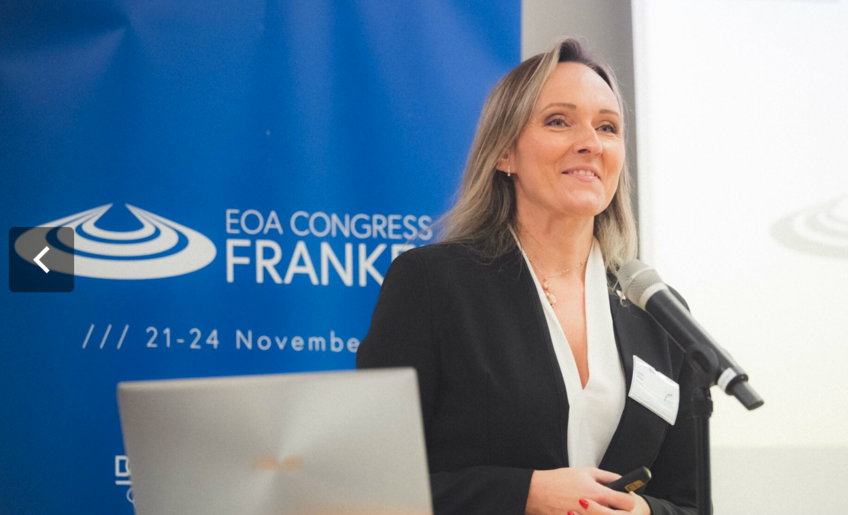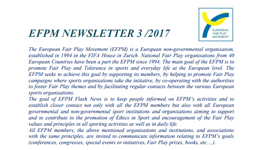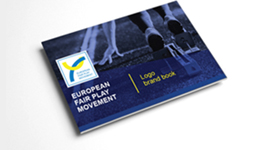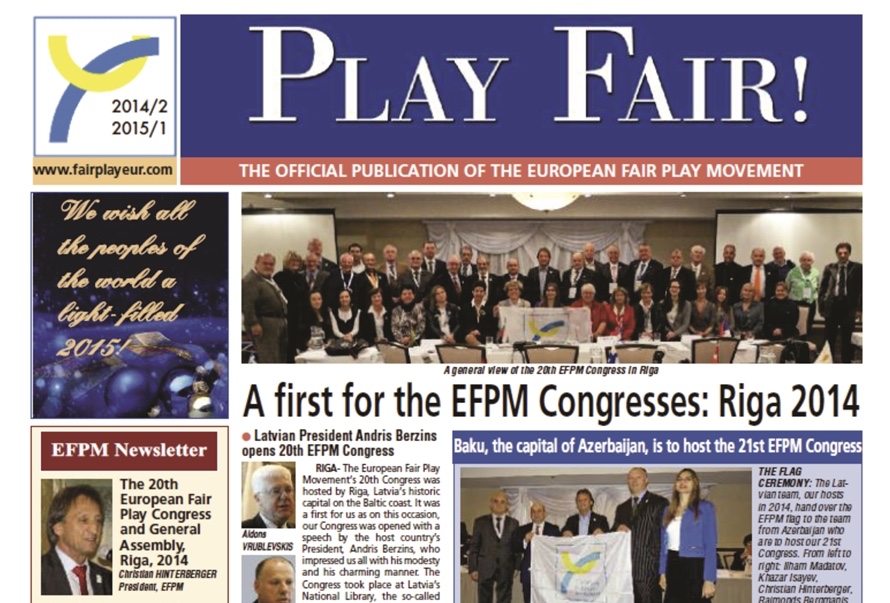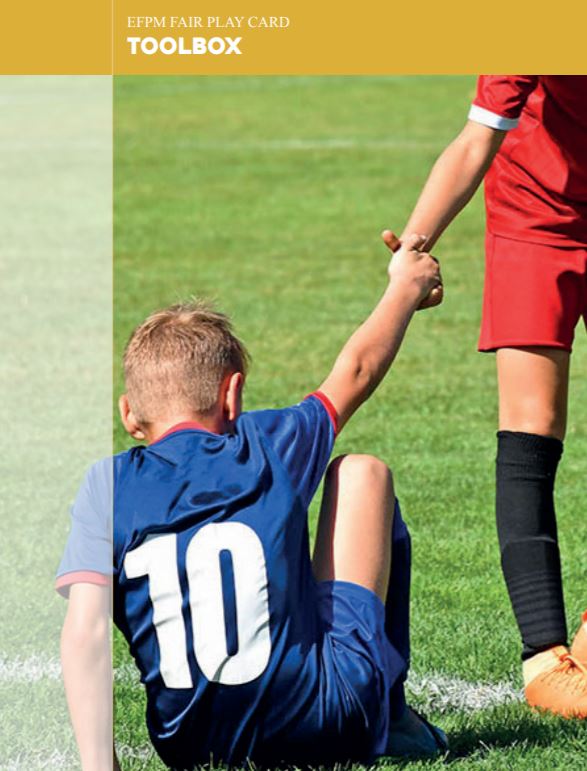EOA HELD ITS ANNUAL CONGRESS IN FRANKFURT
The FIFA World Cup in Qatar gets overshadowed by escalating human rights discussions; war breaks out in Ukraine whereupon Russian and Belarusian athletes are banned from competitions; more and more abuse cases in sport come to light; the world is facing a climate crisis and the questions about the credibility of sport and its values continue to dominate the headlines: the Olympic Movement is clearly moving in stormy waters.
An era of change in sport is looming, one that threatens the integrity of the Movement on the one hand, but also allows it to move forward and evolve on the other. National Olympic Academies, in their role as the national advocates of Olympic Education, are responsible for the spread and preservation of Olympic values and ideals as well as for a thorough observation and discussion of past and present affairs in the Olympic Movement.
Against this background, more than 50 delegates from all over Europe met for a four-day congress on 21-24 November 2022. In a blend of debates, exchange opportunities and the convening of the Fifth EOA General Assembly, the Association of European Olympic Academies provided essential impulses for ways forward and paved the way for its own development under a new Executive Board and strategic orientation.
The congress was held at the headquarters of the hosts, the German Olympic Sports Confederation (DOSB) and the German Olympic Academy (DOA), as well as in Deutsche Bank Park, stadium of football club Eintracht Frankfurt.
“We are witnessing a turning point in sports.”
The conference day started with two lectures on sports diplomacy and the possibilities of sport to have an influential impact on governments. Prof. Dr. Juergen Mittag from the German Sport University Cologne and Dr. J. Simon Rofe from the University of Leeds approached the controversially discussed reaction of the IOC and the Olympic movement to the outbreak of war between Russia and Ukraine. Both academics emphasised that with these implemented measures, the IOC had reached a new political level and that the consequences could not be foreseen. However, there have been positive examples of sports diplomacy, such as the German-Israeli sports relations in the 1960s, the sports-related contribution of the Franco-German Youth Work or various friendly games between nations without any diplomatic ties.
The absolute need for more sustainability in Olympic sports organisations
Jana Janotova (EOC Commission for Sustainability & Active Society, Czech Olympic Committee) and Bianca Quardokus (German Olympic Sports Confederation) led the audience onto melting ice and argued that National Olympic Academies and Committees should aim to make their operations and events more sustainable and highlighted practical considerations through case studies. (For further reading, consult the ASAP project and the Green Champions platform).
Safe sport should be on the agenda of National Olympic Academies
“The hardest topic” of the day, as speaker Ingrid Beutler called it, was the integrity of sport through fair play and safe sports measures. Guest of honour Baiba Veisa, Vice-President of the European Fair Play Movement, an EOA partner, delivered a stimulating presentation on fair play as a way of preserving sports integrity, after which Ingrid Beutler and Kirsty Burrows (International Olympic Committee) addressed the reality of abuse in top-level sport. In a rousing and emotional way, the experts introduced approaches and strategies to protect and support victims, investigate and collect data on reports and improve prevention measures. In the following, the invited Academies suggested that the National Olympic Academies should be more involved in addressing the issue of abuse in sports.
“Walk the talk” in terms of human rights and Games awarding
In the final session, Stefan Klos (ProProjekt) and Dr. Alexandre Miguel Mestre (Abreu Advogados) dealt respectively with the Games Awarding Process and the new IOC Strategic Framework on Human Rights in order to take up the debate on the credibility of the Olympic Movement. While the former gave a deeper perspective on the shift in Olympic Games awarding “from a beauty contest to a targeted dialogue”, the latter analysed the IOC’s new Human Rights Framework and indicated to what extent these guidelines could be put into practice and what consequences this could have.
28.11.2022

